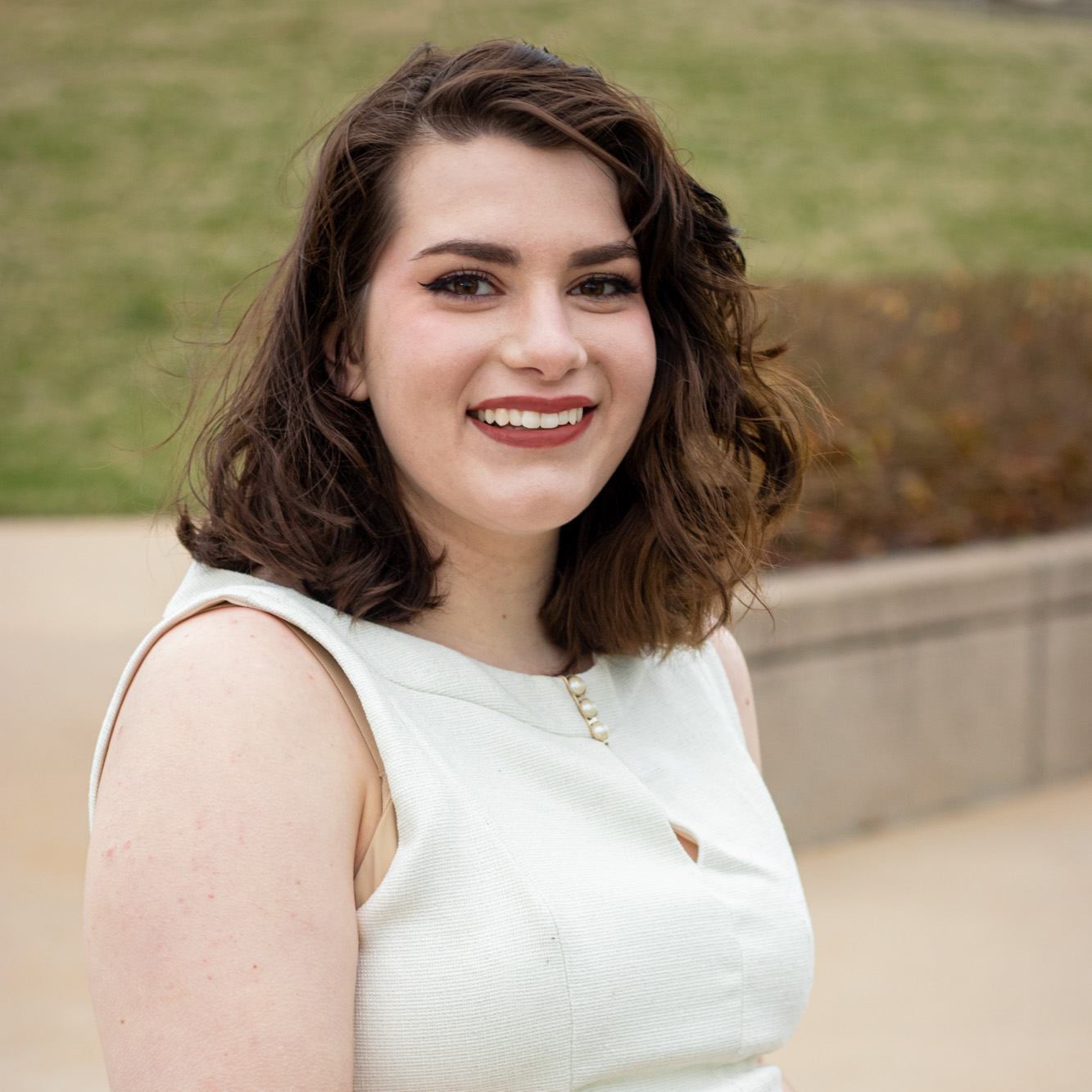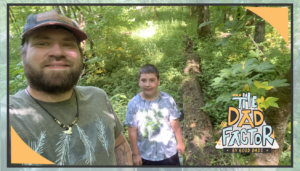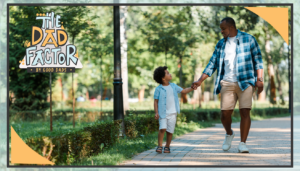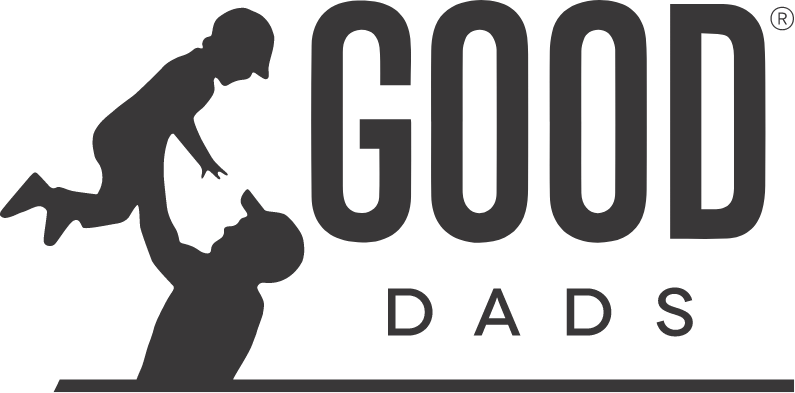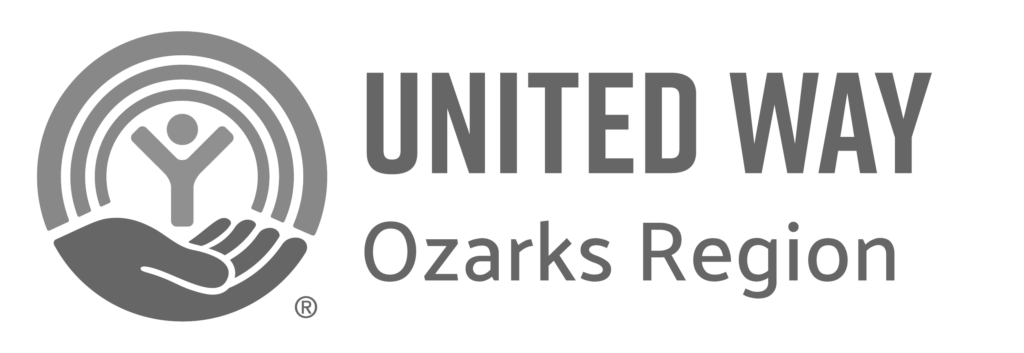Good Dads turned to two of its most skilled facilitators of the New Pathways program for our month-long coverage on the topic of managing challenging relationships. They gave advice for succeeding in one’s relationships in spite of the challenges that may come with them.
Janice Reynolds is a retired elementary teacher and counselor. She is a Master Facilitator in the Good Dads 2.0 course and has been teaching others to lead the program since fall 2022. Previously, she was a Master Facilitator for Good Dads in the Fatherhood Development Curriculum. Janice regularly leads Good Dads classes in the Springfield area for men enrolled in the New Pathways for Good Dads program. She is a mother of two and a grandmother of one.
Responses have been edited for length and clarity.
How do you define a challenging relationship?
Janice Reynolds: A challenging relationship is a contentious one. It’s difficult to get along with each other, and communication is often poor. Usually, each person does not (or will not) see the other’s point of view. In most challenging relationships, there’s a feeling that one or both people do not care for the other’s situation. There’s a warped perception or lack of understanding among the two. They aren’t open with each other.
What are the hallmarks of challenging relationships? What things should be cause for concern, versus what is just a reality of life?
JR: Some frustration or anger is normal and expected, but in healthy relationships both people ought to be able to express those emotions well. Conversely, in challenging relationships, anger can be constant, ongoing and unresolved.
A hallmark of a challenging relationship is physiological discomfort. You feel something in the pit of your stomach; your fists tighten; you clench your teeth; you feel angry—even if you don’t express it. I once had a challenging relationship with a friend. Every time we’d go out for lunch, I’d feel bad about myself, and I didn’t feel good about her, either. In the end I decided I didn’t want to continue the friendship.
There’s a lot of talk about toxic personalities, manipulators and other relationship buzzwords. These are serious allegations to accuse someone of. How might someone tell the difference between a truly dangerous relationship versus someone who is just difficult to be around?
JR: People are often too quick to use labels like those. When a man in the New Pathways program says his ex is toxic, maybe what he really means is, “I have a difficult time getting along with her.” But it’s true that there are important differences between a person who’s challenging to be around and a dangerous person. Sometimes my husband and I are contentious and get angry with each other, but we can always work through it and reach a solution in the end.
On the other hand, you might be in a situation where nothing you’ve tried seems to be working. Maybe one person is trying to work things out, and the other person consistently indicates they are not interested in reaching a solution. That might be an example of a truly toxic relationship.
Last month on the blog, our theme was “breaking the pattern.” What role can healthy habits play in managing challenging relationships?
JR: Healthy habits are so important when it comes to coping well. Something as simple as getting enough sleep can make a big difference in your ability to manage challenging relationships. This is especially true for people with a history of addiction: They need positive coping skills in their recovery journey. Whereas you previously relied on substances to manage life’s stressors, now you need to replace that negative habit with a positive habit. I always recommend sleep, physical exercise and healthy eating habits.

What advice do you give men when they’re dealing with a challenging relationship with another adult?
JR: So much hinges on values. If two people’s values are diametrically different, the relationship is liable to challenges. For example, if your friend or partner is not interested in sharing your values in recovery and sobriety—if she continues to drink and use drugs—the values clearly do not align. When values contrast, sometimes the best choice might be to let that relationship go.
Having positive relationships in life is important. You can’t just say, “I don’t need other people. This is a hassle. I’m going to walk away from all of it.” Healthy relationships are a lot of work, and putting in the work is essential. But how do you know when to keep working on a relationship and when to let the relationship go? Ask yourself how important the relationship is to you. For example, the relationship you have with your children is very important, but if another person isn’t serving any good in your life, maybe it’s worth it to let them go.
What about challenging relationships with children?
JR: Relationships with children are different than relationships with adults. There are very few circumstances where you would want to cease having relationships with your kids. However, establishing and maintaining those relationships isn’t easy. A lot of men in the Good Dads program haven’t had a relationship with their kids before, and they may find their kids are resistant to this new effort. Their children say, “Wait, wait, wait. You’ve never been in my life before, why do you think you can be a part of it now?” Children respond best when you make a constant and consistent effort in making it clear that you want to be in their lives, proving that you want to pursue a healthy relationship with them.
Men in New Pathways take the Within My Reach class as part of their program requirements. The course says people facing a disagreement or conflict often face one of these four communication danger signs: invalidation, withdrawal, escalation and negative interpretations. What advice do you have for men who want to resolve conflict with someone who uses these poor communication habits?
JR: Honesty is so important. Be honest with your own feelings. Convey your feelings to the other person honestly, too. When you are angry, frustrated or wish things would go differently, say so. Compromise is also important. Avoid accusing, pointing fingers or being overly defensive. This doesn’t help in any kind of relationship.
Sometimes, outside help is necessary. Professional help like therapy is not always affordable, but you might get some of the same benefits if you lean on another professional in your community, like a minister, mentor or teacher. Think about who you can turn to for advice and suggestions. Help from outside the relationship can be useful as a form of mediation. However, both parties must be agreeable to mediation. If both of you aren’t open to it, it won’t work.
What sorts of barriers are men most likely to face in managing challenging relationships, and how can they overcome them?
JR: One barrier I see is a lack of experience. If you came from a home where you didn’t see positive coping skills and relationship skills modeled, it’s much harder to practice those skills when you grow up. Perhaps when your parents fought, they yelled at each other, threw things and slammed doors. How can you do well as an adult when you didn’t see good examples during childhood?
Men need reliable resources and the means to access them. By attending a Good Dads class, you have access to mentorship and sources of aid. You can even use the other dads in your class as a resource. By listening to other people’s stories, you can learn from each other. I’ve had men in my classes say to each other, “I’ve been in your shoes. Here’s what I did when I went through what you’re going through now.”
Can you speak to the importance of a support system, or people you can turn to, in managing challenging relationships?
JR: Support systems are very important because doing things on your own isn’t easy. You need folks you can rely on: These are people who want to help you, encourage you and see you succeed. It’s essential. You can only rely on yourself for so long. Because we are all human, we are not invincible. If you rely on others, you learn that you don’t have to do everything on your own.
Stay tuned for part II of this article, with Good Dads Facilitator Lee Bramlett, coming later this month.


